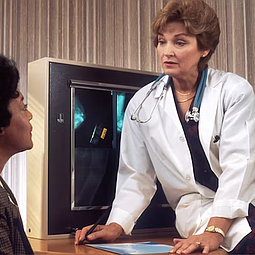Estate planning tips
March 9, 2012 at 6:00 a.m.
Do you have an estate planning checklist? Most people do not. We all should. Estate planning basics often change with U.S. tax law modifications and more changes are coming. However, even if your estate is modest, it's still necessary to plan for how you want to divide up your assets. Of course, much like purchasing life insurance, many people understand the benefits, but are not anxious to discuss the consequences.
Creating an estate planning checklist is similar in many ways. Knowing estate planning basics and following through are different. Preparing a checklist and taking action conjures up thoughts that people prefer to suppress. Yet, people feel better after planning and acting. Here are some suggestions to get your estate in order:
Having a will should be at the top of your estate planning checklist. Whether rich, poor or somewhere in between, you need a will to ensure that your wishes are carried out. Some items should always be in a will, yet are commonly overlooked. If children under the age of 18 are involved, always name a guardian (preferably, not a couple who could divorce in the future) and a "financial trustee" for the kids should both you and your spouse pass away simultaneously.
Should you wish to designate specific assets to someone or disinherit an automatic beneficiary (child or spouse), be specific about your wishes. Maintain designated beneficiaries for retirement accounts and insurance proceeds so they do not become part of the will or probate legalities.
Name an executor and a secondary person for backup. The executor will value assets, pay off debt or taxes and distribute remaining assets per your will. Estate planning basics mandate that the will be filed with probate court, permitting a review of its provisions and authenticity.
Understand your state laws that relate to estate and inheritance taxes. State regulations differ and most inheritance or other tax issues can vary significantly from state-to-state.
Your estate planning checklist should also include provisions to protect your assets if you are alive but unable to make important decisions. Consider preparing a "durable power of attorney" to protect finances, a "living will," and/or a "living trust." These protect you and your future beneficiaries, while you still live, if you become incapacitated.
Content Provided by Spot55.com





